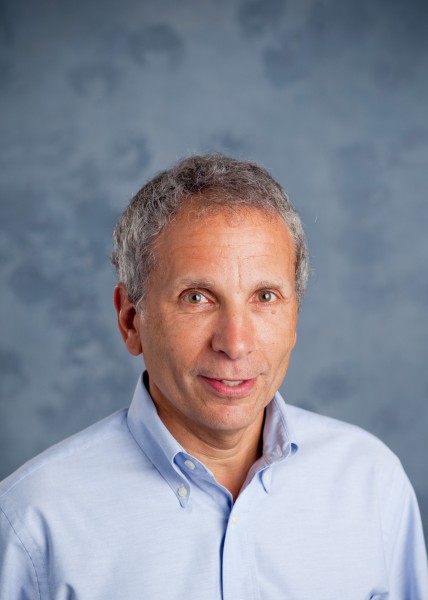
08 Aug To Your Health: Why Most Colon Cleansers Are a Waste of Money+!
Welcome back to the series which offers a deep dive into the world of health, wellness, and disease prevention with Telluride local Dr. Alan Safdi.
Dr. Alan is a board-certified physician in Internal Medicine and Gastroenterology, a Fellow of the American College of Gastroenterology, and a respected leader in healthcare. His blogs have featured and will continue to showcase the most current information in his fields: health, wellness and longevity. During Covid, Dr. Alan went radio silent – until recently. Now Dr. Alan is back in action with “To Your Health.”
In this installment of “To Your Heath, Dr. Alan introduces the second episode in his biohacking series in which he will explore the science behind optimizing human performance and health. Next up: colon cleansers and what does work.
Scroll down to read the salient details and listen to the podcast to find out more.
Go here for more health and wellness insights from Dr. Alan.

Colon cleansers are aggressively marketed today as a way to “detox” the body, remove years of “built-up waste,” and jump-start gut health. These come in the form of teas, pills, powders, and even colonic hydrotherapy. But in my opinion — and based on medical evidence — most of these products offer little benefit and can come with real risks.
Let’s start with a common myth: that we all have 5–10 pounds of waste stuck in our colons for years, slowly poisoning us. There is absolutely no scientific evidence supporting that claim. In reality, the colon is a highly efficient organ that naturally eliminates waste within 1 to 3 days in most people. Even those with chronic constipation don’t carry decades-old toxic sludge — they simply experience slowed transit.
What concerns me more are the potential harms of these so-called “cleanses.”
Many contain stimulant laxatives like senna or cascara that can cause electrolyte imbalances, particularly low potassium which, in severe cases, can lead to arrhythmias or muscle weakness.
Other side effects include dehydration, abdominal cramping, and disruption of the gut microbiome. In rare instances — especially with high-volume colonics — there is even a risk of bowel perforation and infection.
In my opinion, these risks are under-appreciated by consumers and downplayed by manufacturers.
Another important issue is that frequent use of stimulant laxatives can lead to dependency, where the colon becomes less responsive to normal cues for elimination. In other words, the very product that claims to “reset” your gut may impair its natural function over time.
So what’s the alternative? I think the best colon cleanser isn’t sold in a bottle, It is regular exercise, adequate hydration, and a high-fiber diet.
Most Americans fall short of the recommended 25–35 grams of dietary fiber per day, yet fiber is the single most important nutrient for promoting healthy, regular bowel movements and feeding the beneficial bacteria in your gut.
Combine that with movement and plenty of fluids, and you’ve supported your colon the right way — safely and naturally.
In short, colon cleansers are more hype than help. If your goal is lasting gut health, skip the “detox” gimmicks and focus instead on lifestyle habits that are backed by science.
For more, check out Dr. Alan’s podcast:
Dr. Alan, more:
Dr. Alan Safdi is board-certified in Internal Medicine and in Gastroenterology and a Fellow of the American College of Gastroenterology. A proven leader in the healthcare arena, he has been featured on the national program, “Medical Crossfire” and authored or co-authored numerous medical articles and abstracts.
Safdi, a long-time Telluride local, has been involved in grant-based and clinical research for four decades. He is passionate about disease prevention and wellness, not just fixing what has gone wrong.
Dr. Alan is an international lecturer on the subjects of wellness, nutrition and gastroenterology and now in partnership on an AI project with Stanford and the Mayo Clinic.


Sorry, the comment form is closed at this time.